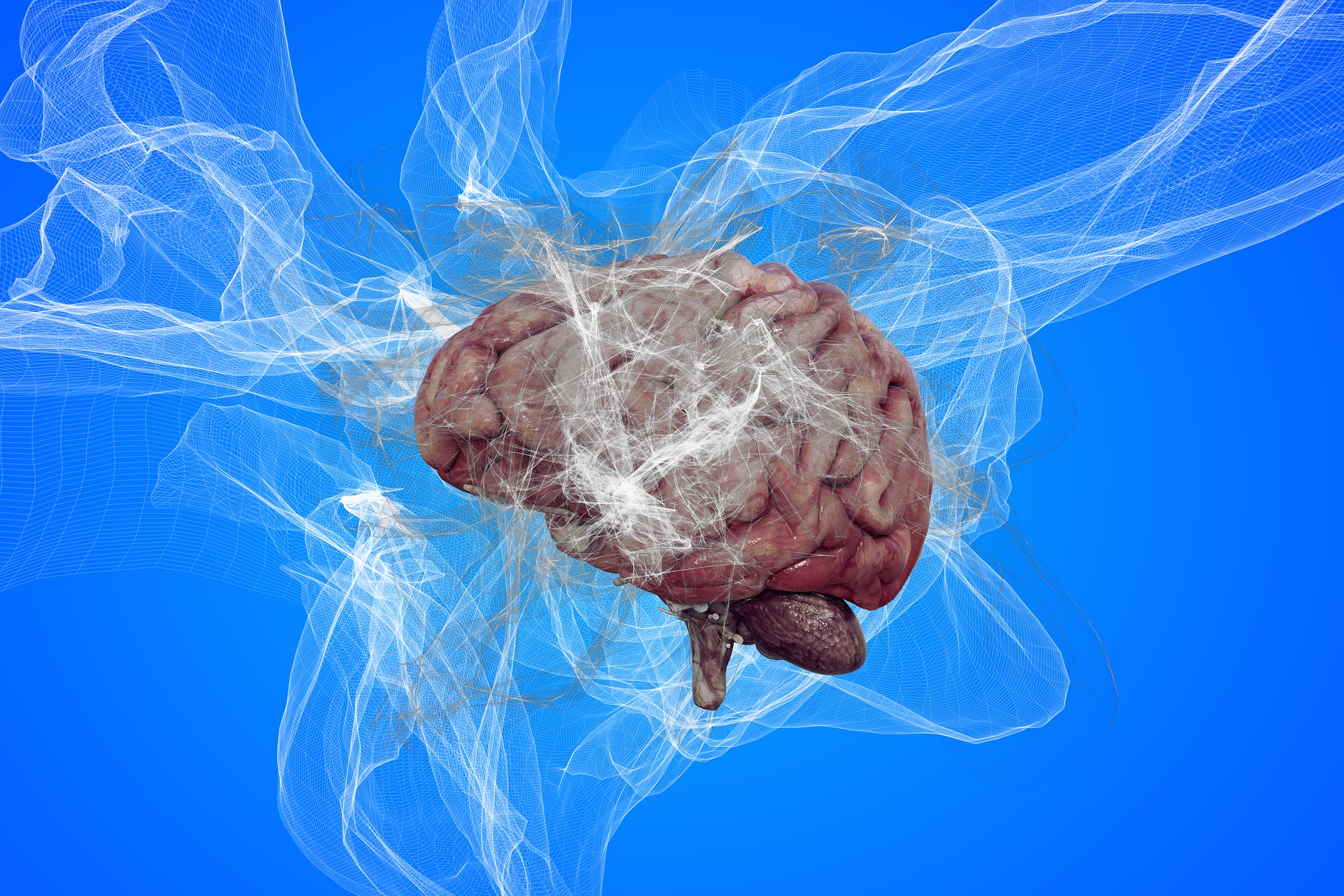
ease: the state of being comfortable (freedom from pain, discomfort, cares, difficulty, embarrassment or obligation)
When we are at ease:
- We are free from both physical and emotional pain. This might include pain caused from withdrawal or craving; the pain caused from illness related to our addiction; the pain caused by feelings of guilt, shame, worry, stress, embarrassment, fear, etc.
- We are comfortable in our own skin. We are not overly self-conscious or self-obsessed. We are not constantly comparing ourselves to others and coming up short. We are not plagued by secrets. We do not harshly self-criticize or self-condemn. We have healthy self-esteem. We have the ability to adjust to new situations or circumstances (we are not rigid). We are clear about what we like and don’t like. We have defined our moral values and are living by them. We have healthy boundaries with others. We don’t have to lie.
- We are not overwhelmed by difficulty. We have the ability to do our best and also to ask for help. We do not view needing help as weakness. We are resilient.
- We are free from embarrassment. We do not take ourselves so seriously as to not be able to laugh at ourselves. We trust that others laugh with us, not at us. We are able to see the humor in the human condition.
- We are free from obligation. We do not do things because we “should” or “ought to.” We freely choose the course of action we take because it is in our own best interest. We freely choose to do the right thing in any situation because that, too, is in our own best interest. We are not “victims” – nobody makes us do things. In all situations, we have choices.
dis: a prefix meaning 1) do the opposite of, 2) deprive of, 3) absence of
Attaching this prefix to the word “ease” completely reverses the meaning. Our disease, far from being merely the abuse of chemicals or the pattern of dysfunctional behavior, then becomes anything (thought, feeling, behavior, person, place or thing) that threatens our ease and desires to steal our freedom.
If we are to successfully recover from the disease of addiction or codependency, it is vital that we understand our disease by this broader definition.
Another way that people in 12-Step programs understand their disease is by what is said about it in 12-Step literature. The AA Big Book refers to the disease as “cunning, baffling and powerful.”
Cunning – characterized by wiliness or trickery.
This brings to mind the Wily Coyote in the “Roadrunner” cartoons. The actual definition of “wiliness” is trickery or strategies intended to ensnare or deceive. It’s root in the Old English actually comes from the practice of divination in witchcraft. Our disease is always out to ensnare and deceive us.
Baffling –
a. To “baffle” is to defeat or check a person or his plans by confusing or puzzling.
b. A “baffle” is a device, such as a plate, a wall or a screen used to deflect, check, or regulate flow or direction.
c. A “baffling wind” is a light wind that frequently shifts from one point to another without direction.
Our disease is always out to check our plans by confusing or puzzling us. Anything that would deflect our progress or alter our course might be considered part of the disease. Any tendency to conduct our lives without direction (without commitment or input) might be considered part of our disease.
Powerful – having great power (possession of, control of, authority over, or influence over.
In Conclusion
Our disease is very powerful and we cannot underestimate it. Our disease desires to first influence us, then gain authority over us, gradually controlling us, and finally taking possession of us. Probably the biggest mistake that recovering people make is underestimating the power of their disease.
